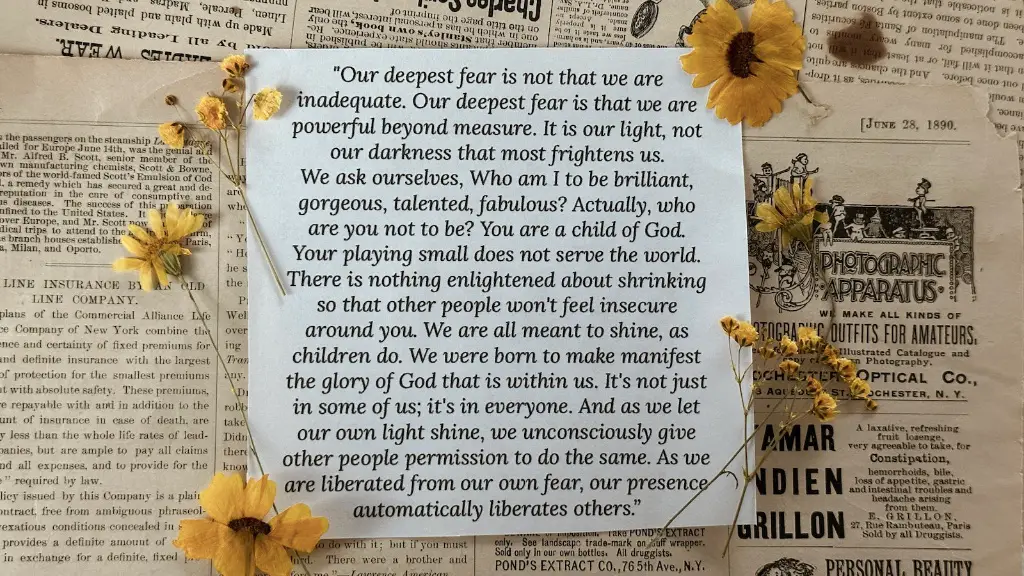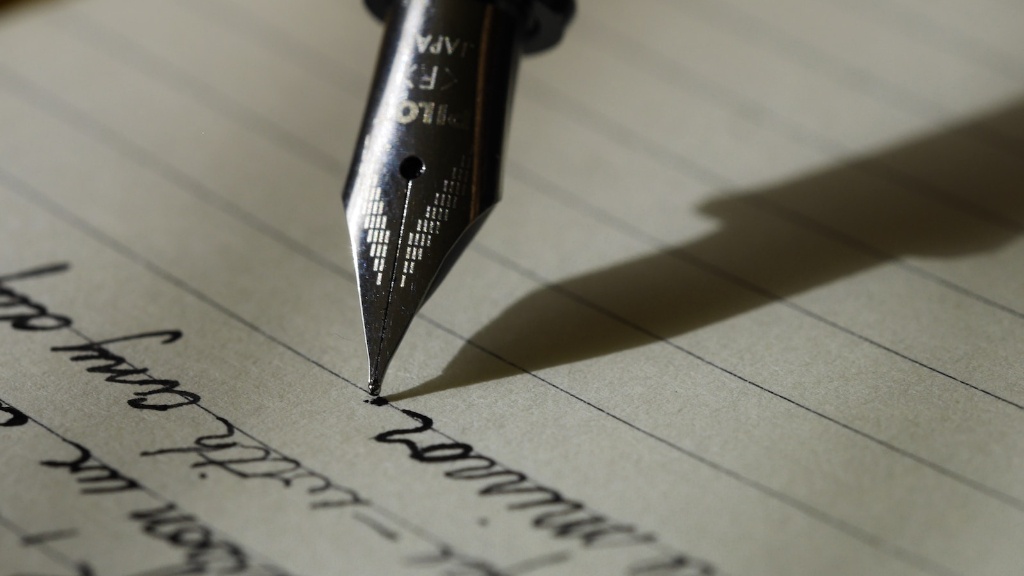The possible benefits of poetry for humankind are indisputable. There are many ways in which poetry helps us express our feelings, as well as to explore our identities, develop our communication skills, acquire knowledge and cope with difficult emotions and situations. But, have we ever asked ourselves “how does poetry help us?” Clearly, this is a question that is still important to consider today.
It is important to first consider the fact that poetry is not only a language but also a visual and performing craft. Using rhyme, meter, form and language, poemas can provide an effective way of communicating our thoughts, emotions, and observations, in way that captures the audience’s attention and conveys powerful messages. Poetry is a language form which is alive and continually being renewed, risking its own boundaries, beyond the language barrier and captures the readers’ attention to evoke powerful emotions.
Poetry also has an influence on how we perceive things. It can help us to better understand our relationships and bring about positive changes in our lives. It can provide insight into our own feelings, as well as those of others, opening the doors to communication and self-expression. Furthermore, imaginative and thoughtful observations of the world are portrayed in poetic works in a vivid way and can bring hope, insight and courage in the readers or prophets.
Most importantly, however, poetry can serve as a source of healing. It can help us to cope with difficult situations and offer a different perspective on the things that life throws our way. Poetry frequently encourages us to tap into our creative resources and be expressive about feelings that we would otherwise stay hidden. In this way, it fosters mindfulness, stress relief and emotional clarity, amongst other things.
Therefore, it is worth considering the potential of poetry in our fight against difficult emotions and negative thoughts. Its power to provide comfort and reassurance should not be underestimated. Furthermore, it can provide us with a means of processing our experiences and expanding our understanding of them. Understanding the role that poetry plays in our lives is essential for any person’s emotional wellbeing.
Relaxation
Poetry often serves to deliver a strong emotional outlet and relaxation to those who read it. Being able to recite poetry alleviates tension, improves breathing and general well-being. Releasing emotions through verse allows us to put our worries into perspective, reducing the intensity of our inner turmoil and providing catharsis. It allows us to become mindful not just of our own emotional state, but of our thoughts, actions and environment.
In our fast-paced lives, poetry can become the ultimate escape. We can construct our own mental refuge and enter a different world that allows us to envision the things we’d like to be surrounded by and leave out the rest. Poetry can help us to sink into meditation, a few moments of silence and self-reflection.
Similarly, poetry can become our source of inspiration, triggering a disconnect from our own physical and emotional environment and allowing us to refocus our energy towards the positive aspects of life. In this way, poetry can encourage healing, exploring new possibilities and creating meaningful moments.
Readers can explore their thoughts and feelings in an environment that is free from judgement, giving them the opportunity to better understand their patterns and behaviours and capture their true potential.
Connection
Poetry also connects us with game-changing ideas and art, both of which are often hard to find in our everyday lives. There are unlimited possibilities in the depths of a poet’s words, able to give readers the push to express themselves, motivated to reach their personal goals and strive for something greater.
It is also interesting to note that many of the values and perspectives discussed in poetic works may reflect those of another person’s, allowing us to relate our own experiences to theirs. This experience of solidarity can be especially powerful for those facing a difficult period, as it is a reminder of the strength within us to persevere and conquer adversities. Hence, in a way, poetry can be a source of strength for many individuals.
In addition to serving as a source of inspiration for those in need, by turning to someone else’s words, poetry can become a tool for connection. Allowing us to connect with others, to engage in meaningful conversations, and collaborate on creative projects or problem-solving, we can gain invaluable experiences that meaningful relationships offer.
This is even more important today, when technology can often play a large role in our lives. As AI and virtual environments take over, it is important that humans remain emotionally connected. Through reading, reciting and sharing poetry, people can strengthen their relationships and show mutual respect and understanding.
Empowerment
The promotional power of poetry can give people a sense of control over difficult circumstances and an awareness of the changes they can make in their own lives. Poetry turns into our weapon of choice when facing difficult challenges and gives us a voice and the confidence to speak out. Sometimes, it also plays a role in highlighting issues which otherwise stay hidden in the shadows.
Our way of understanding the world is shaped by what we learn, but also by what we read. Whether it be a timeless classic or a contemporary work, finding the right poem can be empowering and can even become a call to action. It gives people the hope to create a future that is different from the one we experience today.
Through the subtle use of metaphors and emotion-evoking descriptions, poetry captures our attention and often puts an end to silence – encouraging us to discuss the things that matter and to create a dialogue. Etching words of change in readers’ minds, poets often strive to inspire action, reclaim power and reframe what is possible.
In fact, poetry can be a powerful platform that can help us reclaim our voice and sovereignty, encouraging us to be more mindful and to create a sense of community. Through our words and experiences, we can create a shared circle of understanding.
Social Activism
It has been said that the pen is mightier than the sword, and this is especially true when it comes to poetry. It can be used to propel social movements, unleash revolution and to express solidarity. Given its accessibility, poetry can become a powerful means of protest and a tool for raising awareness and advocating for change.
In today’s polarized world, understanding and empathy can often be hard to find. Through poetry, however, writers are able to communicate our own truths and take a stand against injustice and inequality. It represents humanity’s unspoken will and can be used to awaken the senses of a large audience through its creativity.
Similarly, poetry can be a tool for healing and a foundation for rethinking and rebuilding our institutions. It is an avenue of communication which allows us to challenge political and social systems and address issues of inequality, violence or oppression.
The poetic voice should never be diminished, as it can provide an outlet for our suppressed emotions and a channel to send messages to the world that make us feel heard.
Conclusion
In conclusion, poetry serves many purposes and has the potential to affect people in a variety of ways. It can provide an escape, act as a source of knowledge and allow us to express ourselves. Poetry may also offer a powerful resource for self-reflection, the exploration of our relationships and understanding our thought patterns. Most importantly, it can inspire us, lead to meaningful conversations and be used as a tool for activism and social change.





